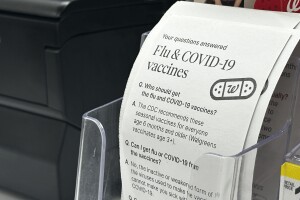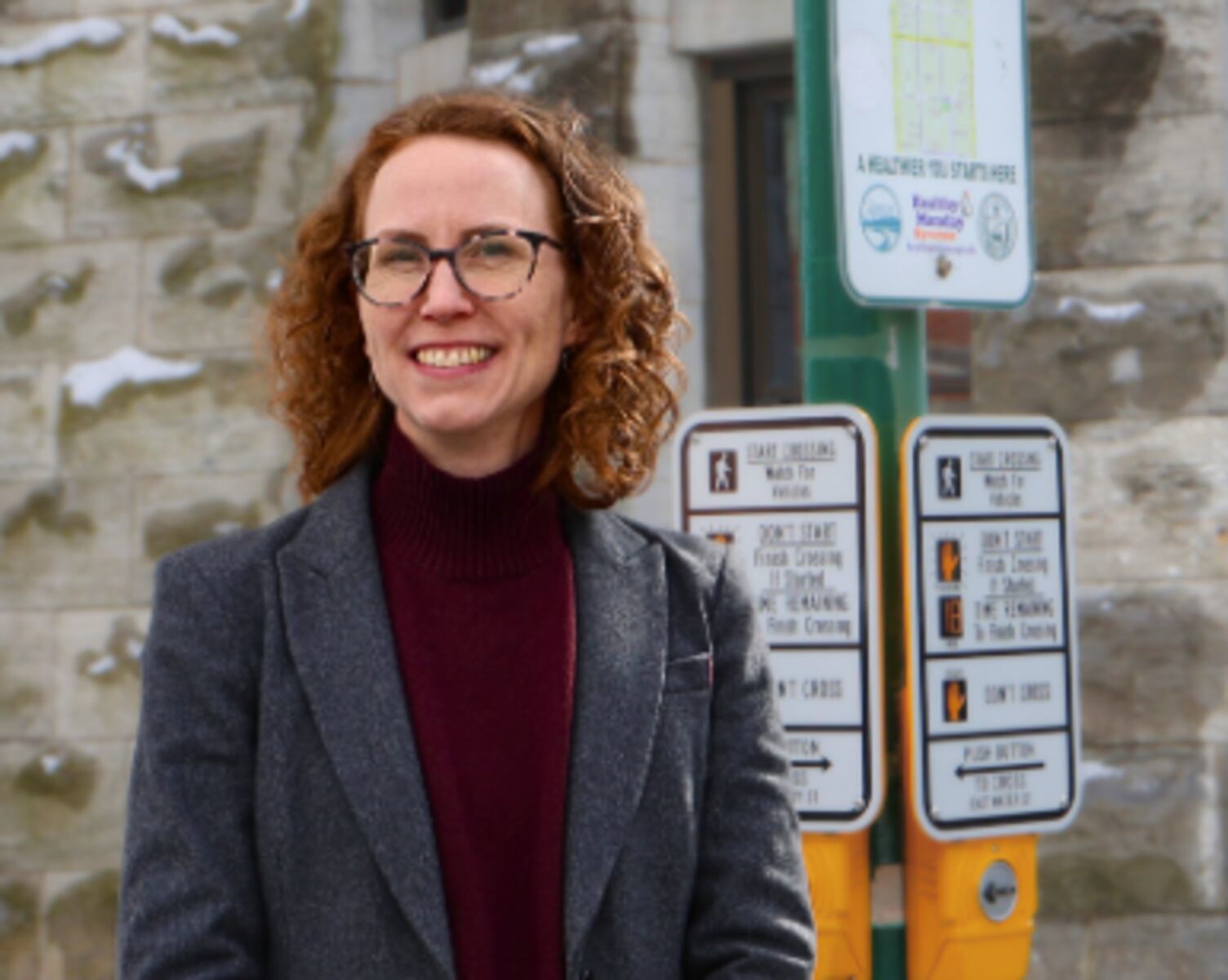
As winter approaches, the rise in flu and Respiratory Syncytial Virus (RSV) cases is prompting health officials in Texas to urge the public to take preventative measures. The seasonal surge in respiratory viruses typically peaks during the colder months, making this an ideal time for vaccinations. Emergency room visits and hospitalizations related to these viruses are on the rise, emphasizing the importance of awareness and preparation.
Catherine Troisi, a professor specializing in infectious diseases at UT Health Houston’s School of Public Health, notes that respiratory viruses thrive in winter conditions. “People in colder climates are more likely to be inside, which facilitates the exchange of viruses. Additionally, lower humidity can dry out nasal passages, making infections more likely,” Troisi explained. This seasonal shift, combined with increased travel during the holidays, creates an environment ripe for the spread of various respiratory illnesses.
Health experts identify four primary infections that tend to increase during the winter months: colds, influenza, COVID-19, and RSV. According to Dr. Varun Shetty, chief state epidemiologist at the Texas Department of State Health Services, the combination of weather changes and holiday gatherings contributes significantly to this trend. He advised Texans to take proactive steps to protect themselves and their families.
Understanding the differences between these illnesses is crucial for prevention. All four fall under the category of influenza-like illnesses, sharing similar symptoms such as fever, runny nose, and sore throat. “Without testing, it is difficult to distinguish between them,” Troisi noted.
Effective Prevention Strategies
To minimize the risk of infection, health experts recommend several preventive measures. Regular handwashing and avoiding contact with the face are essential, but the consensus is clear: vaccinations are the most effective means of protection. Dr. John Carlo, an infectious disease expert and CEO of Prism Health North Texas, emphasized the safety and efficacy of vaccines. “Vaccines represent some of the greatest public health achievements of our time,” he stated.
While vaccines do not entirely eliminate the risk of infection, they significantly reduce the chances of severe outcomes, including hospitalizations and fatalities. “The vaccine helps your immune system recognize the virus and respond more effectively if exposed,” Troisi explained. Despite the influenza virus’s rapid mutation rate, she affirmed that receiving the flu shot remains the best available option.
Vaccination recommendations vary for different age groups. The Centers for Disease Control and Prevention (CDC) advises that everyone over the age of six months should receive the flu vaccine, particularly those at higher risk for severe illness. For RSV, the vaccine is generally recommended for adults aged 75 and older, or younger individuals with underlying health conditions such as asthma or heart disease. Notably, there is also an RSV vaccine for pregnant individuals in their third trimester to help pass antibodies to the baby.
The guidelines for the COVID-19 vaccine are less clear-cut. The Food and Drug Administration approved a COVID booster in early 2023 for those aged 65 and older or individuals with underlying health issues. The CDC states that anyone over six months can receive the vaccine, provided they consult with a healthcare professional. Troisi acknowledged that the practical implications of these recommendations remain uncertain, particularly regarding insurance coverage for vaccinations.
When to Get Vaccinated
The optimal time to receive the flu vaccine is typically around the end of October, though health experts affirm that it is not too late to get vaccinated even in December or January. “Now is an excellent time to get the flu vaccine,” Troisi said. For the COVID-19 vaccine, individuals are advised to wait approximately three months after their last booster. “You can receive both vaccines during the same visit,” she added, noting the convenience of getting vaccinated in one trip.
Monitoring COVID-19 infections and hospitalization rates can help individuals decide when to receive their vaccinations. However, it is important to remember that vaccines take about two weeks to reach full effectiveness. Therefore, getting vaccinated at the onset of a COVID-19 wave may not provide immediate protection.
Dr. Philip Huang, director of Dallas County Health and Human Services, highlighted the importance of proactive vaccination. “Getting vaccinated when COVID-19 numbers are low is the best strategy for protecting yourself throughout the season,” he said. He also expressed concern about the impact of misinformation and unclear guidance on public health efforts.
Access to the COVID-19 vaccine remains a challenge in some areas. Due to recent changes in federal vaccine recommendations, many pharmacies and clinics have been hesitant to order sufficient doses. The COVID-19 vaccine is no longer included in Texas’ “adult safety net” program, which means it is not available for free at safety net clinics for adults. Nonetheless, providers like Prism Health North Texas have found ways to absorb costs for their patients.
To improve access to preventive care, Huang emphasized the importance of breaking down barriers related to costs and insurance coverage. “Typically, offering vaccines is straightforward for us. However, when we have to bear the financial burden, it complicates our ability to provide services,” he said.
Individuals seeking vaccination can consult their doctors, nurses, pharmacists, or local health authorities for guidance on where to receive their shots.
As the holiday season approaches, experts express concern about a repeat of last year’s flu season, which was particularly severe. “We recorded a significant number of pediatric deaths last year, the highest in several years,” Troisi noted. Shetty reinforced that early predictions from the CDC suggest a similar trend for this year, indicating potential challenges for healthcare systems and communities.
With the holiday season bringing increased social interactions, prioritizing vaccinations and preventive measures is crucial for safeguarding public health. As health officials continue to monitor the situation, individuals are encouraged to take proactive steps to protect themselves and their loved ones.







